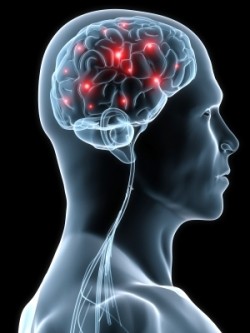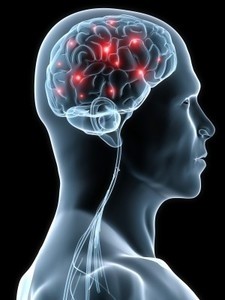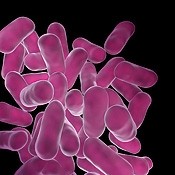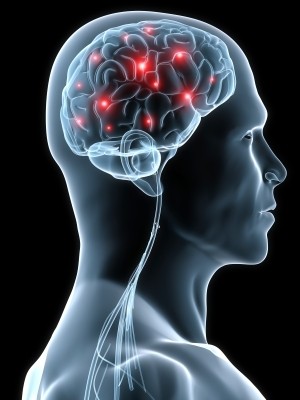Food for thought? Probiotics could promote well being, suggests researcher

The research, published in BioEssays, presents new ideas on how neurochemicals delivered directly to the gut via probiotic intestinal microbiota could exert beneficial effects in maintaining gastrointestinal health and psychological well-being.
“This paper proposes a new field of microbial endocrinology, where microbiology meets neuroscience,” said lead researcher, Professor Mark Lyte from the Texas Tech University Health Sciences Center, USA.
Lyte said that the research proposes a unifying process of microbial endocrinology, which would mean that neurochemical-producing probiotics could act as a delivery mechanism for neuroactive compounds. Prof Lyte said that such neurochemical-producing probiotics could improve both gastrointestinal and psychological health.
Pro-biotic
Lyte noted that the supposed health benefits gained from the ingestion of probiotics has been widely reported in the scientific literature as well as the media.
However, he said that definitive mechanisms “have yet to be identified for the ability of orally administered bacteria to modulate a number of biological processes.
“Whereas multiple mechanisms may be operative in each of these situations, an alternative hypothesis as described herein is that there may be a shared mechanism that essentially links the neural and immune responses to probiotic administration that leads to the claimed prophylactic effects,” said Lyte.
“There is already evidence to suggest that the connection between gut microbes and the nervous system represents a viable route for influencing neurological function,” he added.
Study details
In his paper, Lyte considers the selection of probiotics, such as Lactobacilli and Bifidobacteria, and how the active uptake of neurochemicals, generated by bacteria in the gut and circulated through a patient’s bloodstream, may represent a pathway for probiotics to exert extra-intestinal effects including behavioural changes.
“Once ingested, probiotics enter an interactive environment encompassing microbiological, immunological, and neurophysiological components,” noted Lyte.
“By utilizing a trans-disciplinary framework known as microbial endocrinology, mechanisms that would otherwise not be considered become apparent since any candidate would need to be shared among all three components,” he added.
Surreal?
Writing in a commentary piece in the same issue of BioEssays Dr Gregor Reid, from the University of Western Ontario, said that until recently the idea that probiotics in the intestine could influence the brain “seemed almost surreal.”
“Yet in Lyte’s paper the concept is supported by studies showing that microbes can produce and respond to neurochemicals, which can induce neurological and immunological effects on the host,” said Reid.
“The novelty lies in highlighting the fact that microbial strains already being widely ingested through fermented foods and dietary supplements, some of which are termed probiotic, can produce neurochemicals,” he added.
Source: Bioessays
Published online ahead of print, doi: 10.1002/bies.201100024
“Probiotics function mechanistically as delivery vehicles for neuroactive compounds: Microbial endocrinology in the design and use of probiotics”
Author: M. Lyte
















